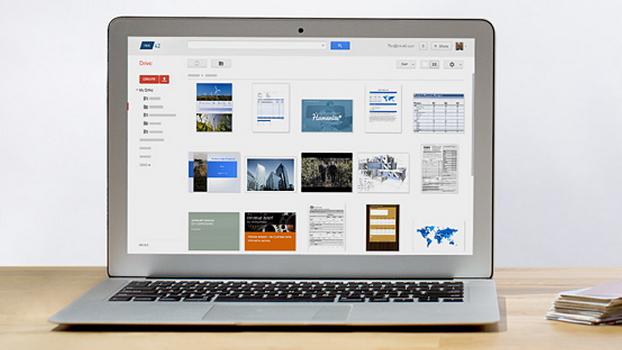Apple's partnership with IBM: A potential game-changer for business ICT

No one ever gets fired for choosing IBM. It's one of the truisms of business. And indeed for the corporate IBM has always been the 'safe' choice. Received wisdom remains that if an IT administrator chooses an IBM system and something goes wrong, people will put it down to the nature of computing technology. People might grumble, but the incident will probably be forgotten.
Apple, on the other hand, is often regarded as expensive and if you aren't a designer or a show-off buying its products, is somewhat synonymous with 'spending more than you need to'. Big business doesn't routinely use Apple's consumer focussed products.
At first glance, it's hard to imagine a more unlikely partnership - Apple, the epitome of cool consumer electronics and mobile computing and IBM, the epitome of the opposite – an enterprise focussed software and services giant and the 'safe' choice.
However the partnership seems actually to be the result of a fantastic piece of gap analysis. Both companies need to broaden their appeal to grow, they don't compete, and together they drive accessibility and functionality into the hands of corporate - and probably SME - customers. It's a very clever deal.
It's all about mobility
Many businesspeople use Apple hardware, however integration with other systems hasn't been that successfully implemented. It has got better with the arrival of Microsoft Office on IOS, but it doesn't go much deeper, certainly not for the enterprise.
I don't think this announcement changes that problem, it sidesteps it. IOS devices are a window onto data or entertainment, with the added spice of IBM apps fronting enterprise services they can become a seriously useful business tool.
Someone asked me after I tweeted about this announcement if I thought it could be bad for Apple because they'd be seen as a hardware company. I think they already are. And now that Silicon Valley has realised that, nowadays, good hardware is harder to do than good software, it isn't a bad thing.
Sign up for breaking news, reviews, opinion, top tech deals, and more.
The partnership between two of the world's global technology giants will see Apple stepping up its efforts to transfer its dominance in the consumer market to the highly lucrative business user market. At the same time, IBM will bolster its enterprise offerings and gain a route to market for SMEs and its applications will become available via the App Store.
Big Blue as an Apple reseller
IBM will also become the first systems integrator to sell iPhones and iPads coupled with industry-specific "solutions" -- apps, services and other software -- to enterprises worldwide. Governments and several public sector organisations could have their heads turned by bespoke apps and business services on iPads and iPhones backed by IBM's famed big data and analytics expertise.
As things stand Apple enjoys enviable consumer, 'prosumer' and SME cut-through, while IBM enjoys huge market share in the enterprise arena. In short Apple brings the hardware and IBM brings the business ready software, so on paper it is a match made in heaven.
Traditionally one of the obstacles to businesses adopting iOS has always been a lack of enterprise-grade applications. The combination of IBM, its cloud delivery mechanism, and its understanding of enterprise-level support will certainly make it much more of a viable option for businesses going forward, Carrenza included, I think that is probably the same for most organisations.
- Dan Sutherland is CEO of Carrenza, a Cloud service provider that blends IaaS and PaaS capabilities to make businesses better.

Désiré has been musing and writing about technology during a career spanning four decades. He dabbled in website builders and web hosting when DHTML and frames were in vogue and started narrating about the impact of technology on society just before the start of the Y2K hysteria at the turn of the last millennium.